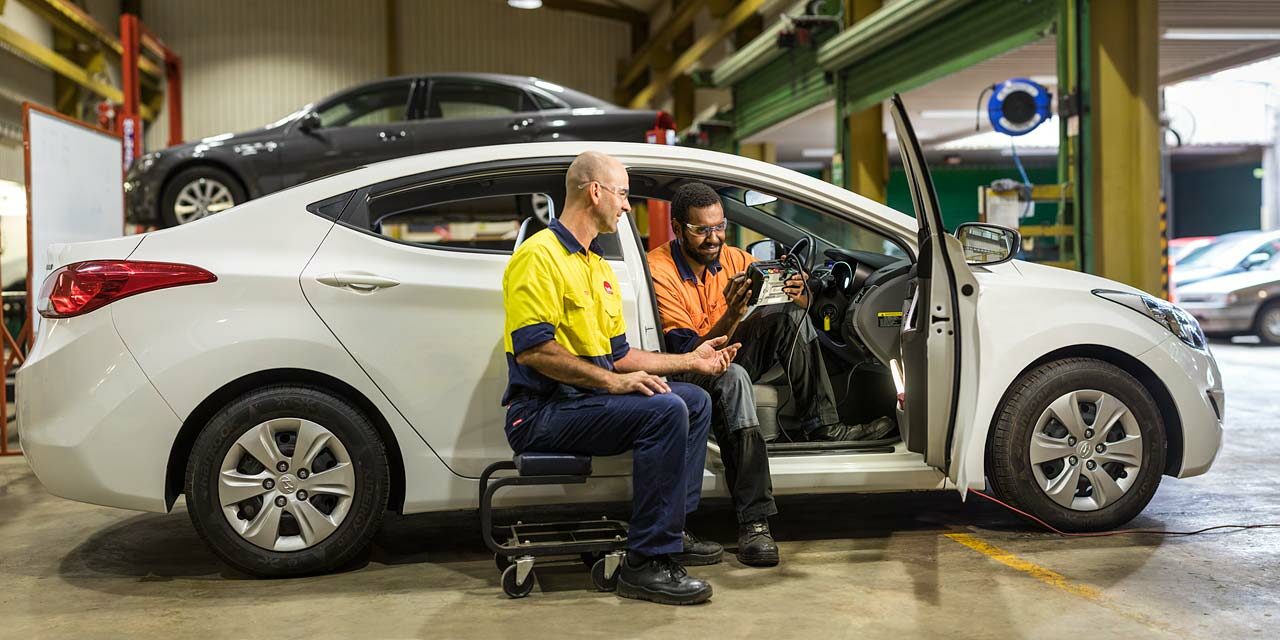Knowing the tools utilized in automotive servicing is crucial for a number of causes:
Efficiency and Productivity:
Familiarity with tools allows automotive technicians to work extra effectively. Knowing the proper tool for a selected process reduces the time wanted for diagnostics, repairs, and maintenance, contributing to increased productivity in the workshop.
Precision and Accuracy:

Each automotive device is designed for a particular purpose. Understanding the performance of tools ensures exact and accurate work. Using the proper software helps avoid damage to car elements and ensures that tasks are accomplished with the mandatory precision.
Safety:
Knowing tips on how to use tools safely is paramount. Automotive tools could be doubtlessly hazardous if not handled accurately. Proper coaching on device usage minimizes the risk of accidents, injuries, and damage to autos or gear.
Quality of Work:
The use of acceptable instruments directly impacts the standard of automotive servicing. Using the best tool for the job ensures that repairs and upkeep tasks are carried out to a high standard, resulting in satisfied clients and a optimistic status for the service supplier.
Diagnosis and Troubleshooting:
Diagnostic instruments are important for identifying issues in autos. Automotive technicians need to be proficient in using instruments like scan instruments, multimeters, and oscilloscopes to diagnose digital and mechanical issues precisely.
Adaptability to Technology:
The automotive industry is constantly evolving, with new technologies and systems being launched. Automotive technicians need to stay updated on the most recent tools and tools to adapt to adjustments in vehicle expertise and effectively handle rising issues.
Preventive Maintenance:
Properly sustaining instruments is part of preventive maintenance in a workshop. Knowing how to clean, calibrate, and store tools accurately ensures their longevity and reliability, stopping downtime as a end result of tools failures.
Cost Management:
Understanding the instruments required for a selected job helps in effective cost administration. Automotive technicians can ensure they've the mandatory tools available, avoiding unnecessary delays and expenses related to software shortages or the need for last-minute purchases.
Customer Confidence:
Customers usually value transparency and professionalism. Automotive technicians who show a thorough understanding of tools and tools can instill confidence in customers, who are extra likely to trust the experience of a well-equipped and knowledgeable service supplier.
Compliance with Industry Standards:
Automotive technicians should adhere to trade requirements and producer tips when performing repairs. Using pskecu ensures that work is finished in compliance with these requirements, maintaining the integrity and security of the vehicle.
Training and Professional Development:
Knowledge of tools is an integral a part of an automotive technician's coaching and ongoing skilled development. Staying informed about new instruments and technologies by way of steady schooling ensures that technicians stay aggressive and succesful within the evolving automotive landscape.
In conclusion, understanding the tools in automotive servicing is foundational to the success of automotive technicians and service providers. It not only improves effectivity and safety but additionally contributes to the overall high quality of work and customer satisfaction. Ongoing coaching and familiarity with the newest tools are important for staying current within the dynamic area of automotive servicing..
